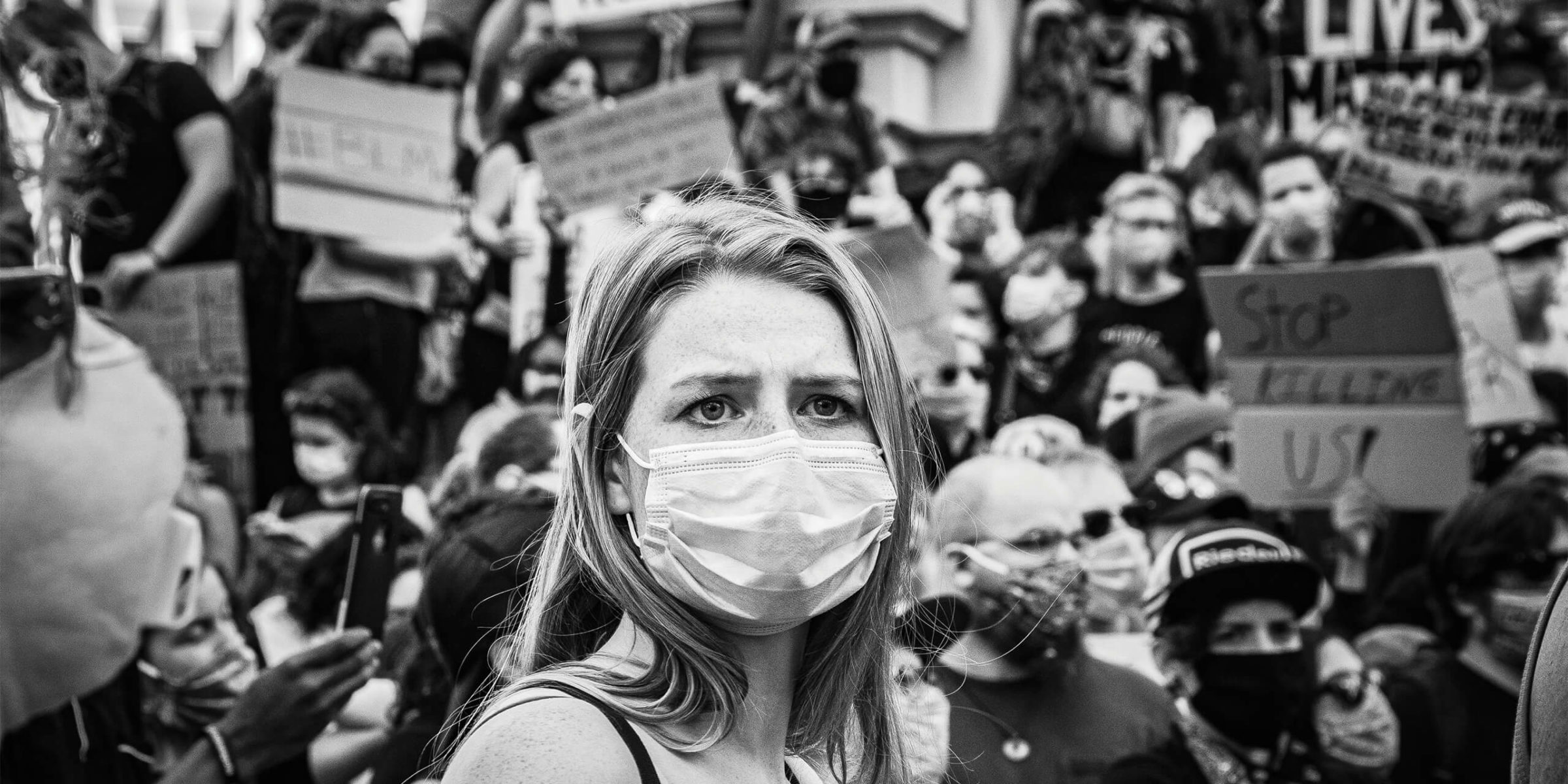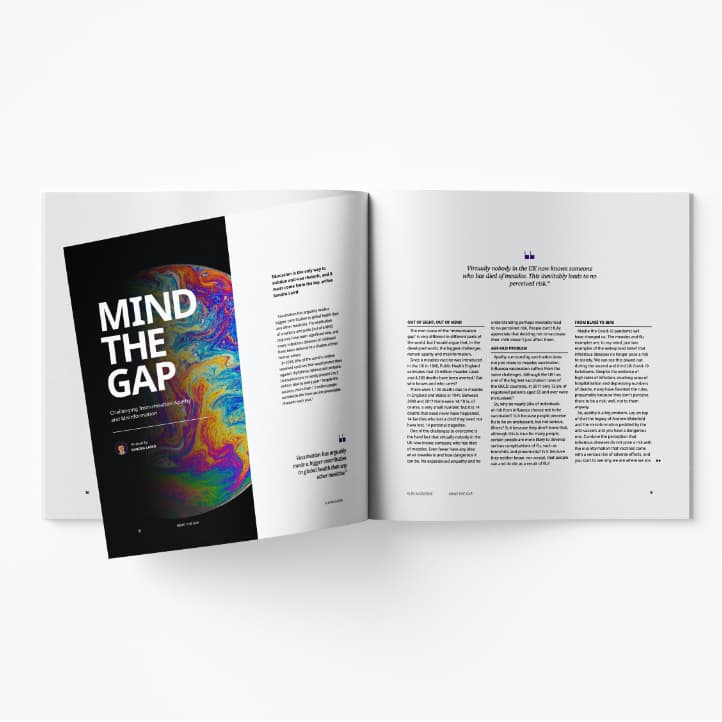
Success Has Many Fathers
The media storm around the Oxford-AstraZeneca vaccine is simply the latest example of the pharmaceutical industry being vilified. But where does this sentiment come from?

In his private moments, I wonder whether Pascal Soriot, CEO of AstraZeneca, finds himself wondering why he bothered. Why he bothered to partner with Oxford University to develop and distribute a vaccine for COVID-19, why he bothered to put in place a manufacturing consortium and distribution network, why on earth he agreed to supply said vaccine on a not-for-profit basis during the pandemic!
Surely he could be forgiven for thinking that he was doing a good thing. Surely it wasn’t crazy of him to think that his company might actually gain some kudos for the super-human efforts that they have made. Surely he was safe in thinking that the company of which he is custodian wouldn’t be vilified in the process of bringing one of the first Covid-19 vaccines to market. You would think so, wouldn’t you? But you’d be wrong.
Why is the pharmaceutical industry so hated? Why has AstraZeneca been vilified? Negative views of the industry are rife. It’s widely reported that the industry’s reputation is worse even than the tobacco industry. But why? I’m sure we all have our theories, but here are mine.
1. Headline culture
Fear and controversy sell newspapers. Twitter does not enable a nuanced argument. The echo chamber of social media is self-perpetuating.
I’ve said it! But said what?
That’s my point. We live our lives in soundbites. We are bored before we get to the end of the article. We stop at the headline and we don’t critically evaluate the data, the risk or the argument. We allow ourselves to be influenced by headlines and sentiment rather than rational argument.
“We allow ourselves to be influenced by headlines and sentiment rather than rational argument.”
2. Sense of entitlement
As a society we are not sufficiently knowledgeable about the value that the industry brings. To me it’s mind-blowing that my parents were born before diuretics and beta blockers were launched, at a time when measles was a rite of passage and polio commonplace.
Do most people in the UK, and the developed world at large, stop to think of the value that pharmaceutical innovation has brought? Do they not realise that the stent their father had fitted, the breast cancer treatment their friend received or the myriad of other interventions that HCPs deploy every day means the people they love are living longer? No, they take it for granted, they think it’s a right and they don’t give the pharmaceutical industry the credit it deserves.
3. Failure to understand the risk / benefit balance
The central tenet of pharmaceutical regulation, the balance of risk vs. benefit, might be everyday currency to us, but not to most people. Somehow, as a society, we accept all sorts of risks in our daily lives but we expect there to be zero risk associated with medicines.
The MHRA has recently published data indicating that the risk of fatal blood clot with the AstraZeneca vaccine might be two in a million. What else carries a two in a million risk of death? The answer, according to the Cambridge University statisticians Sir David Spiegelhalter and Mike Pearson, is a 500-mile drive in a car, a 40-mile cycle ride or a 12-mile trip on a motorbike.
As Tim Hardford said in The Times the other week, “Ride a motorbike to the vaccination centre and your journey is more dangerous than the side effects of the vaccine.” Despite that, all across Europe, although thankfully not in the UK, people are refusing to be vaccinated with the AstraZeneca vaccine. How mad is that?
When a systemic failure to understand the risk / benefit balance combines with an omnipresent blame culture, the environment is near-impossible to navigate. That’s the current reality.
“Somehow, as a society, we accept all sorts of risks in our daily lives but we expect there to be zero risk associated with medicines.”
4. Profits
This one I really struggle with. Why is it OK for Apple, Microsoft, Amazon and a plethora of other companies to make billions, but every single dollar of profit made by pharmaceutical companies is seen as profligate? Is it because we are seen to be cashing in on people when they are weak and in need? Well, we need to challenge that, because often we enable people to live with chronic conditions for many years, we improve quality of life, we make the years they have left worth living.
It really is time that we stopped to understand this visceral response to pharmaceutical companies making profits. It is, to my mind, one of the biggest barriers to improving our image.
“As a society we are not sufficiently knowledgeable about the value that the pharmaceutical industry brings.”
5. Failures of the past
Perhaps that biggest reason for the industry’s poor reputation though is failures of the past. We all know what they are, and we must be honest enough to acknowledge what we’ve got wrong and change, really change. Only then will we as an industry have any chance of gaining trust and rebuilding our reputation.
What now?
Success does indeed have many fathers. Isn’t it about time that our successes were recognised, applauded and leveraged to the benefit of the developed and developing world? If images from India in the last few months haven’t shown us we have work to do, then there really is no hope for us as a society or an industry.






